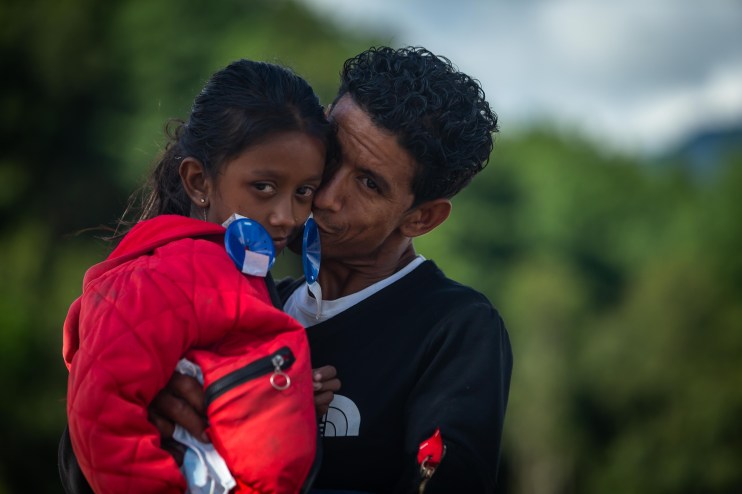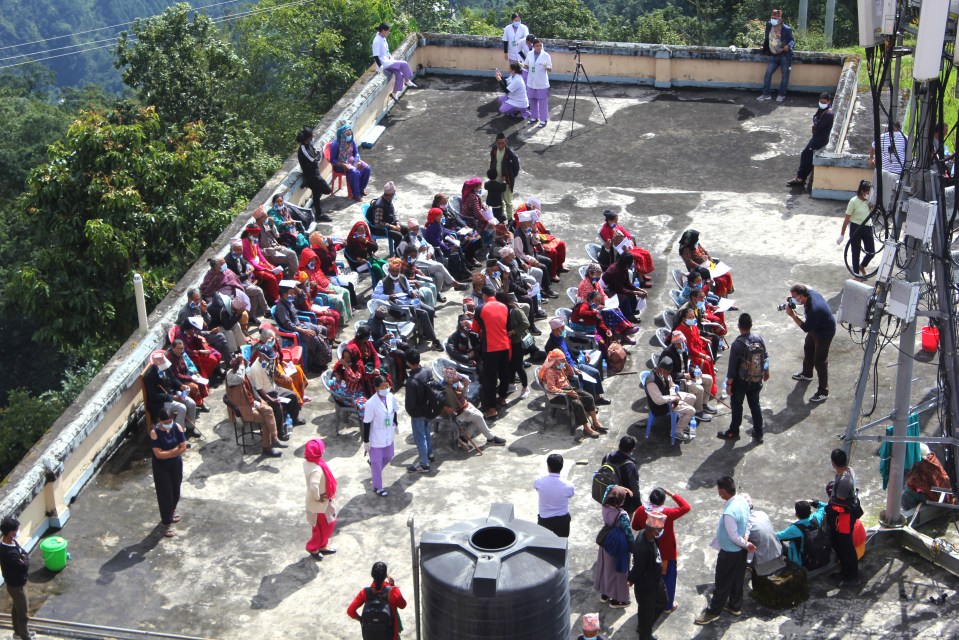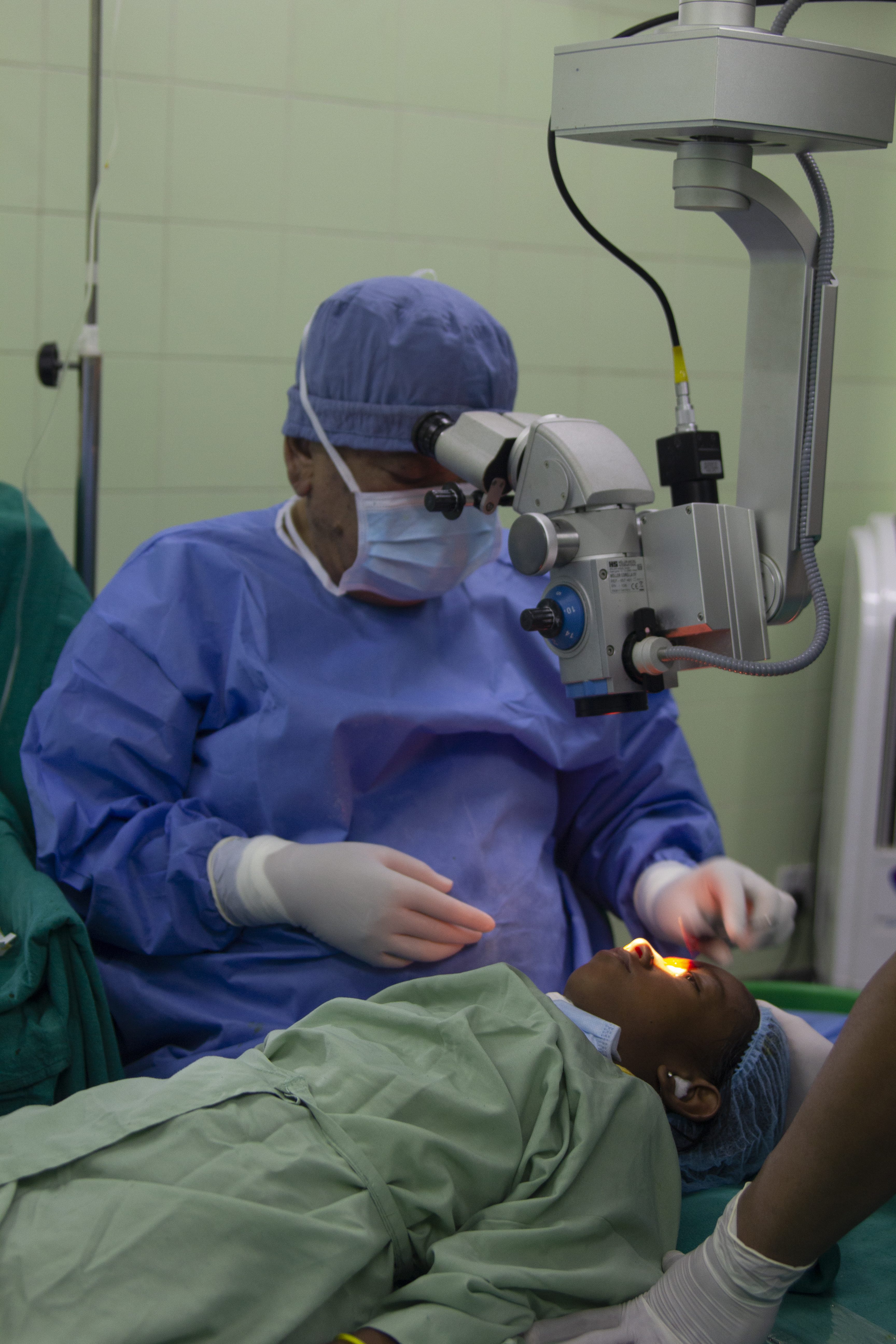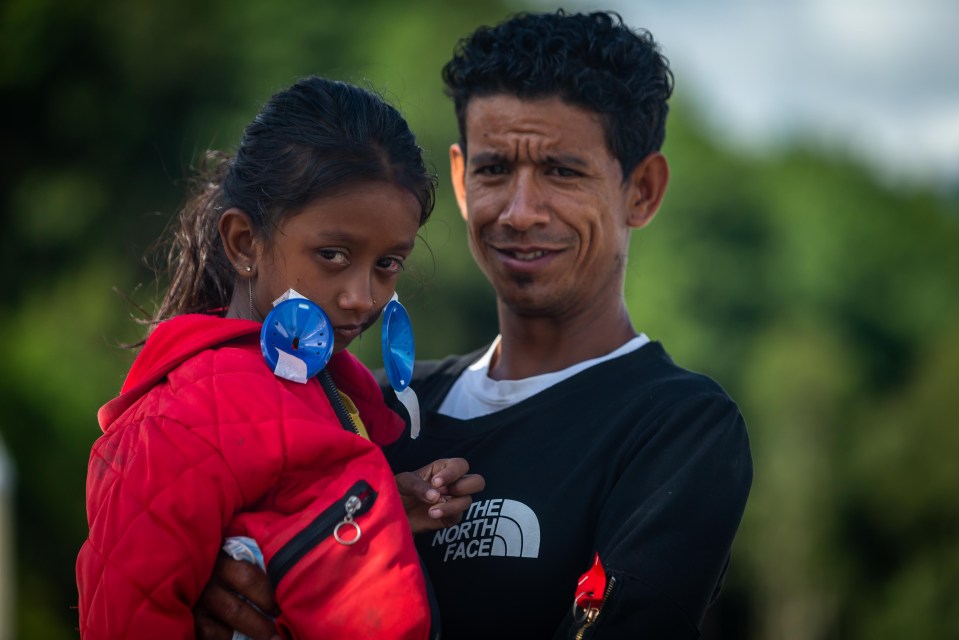
Tears of happiness: How curing blindness in Dolakha saved a girls future

Dolakha is located in northeastern Nepal. Popular amongst tourists and natives, its natural beauty, cultural sites and array of hiking trails attract people from far and wide.
One of the largest attractions in the area is the Bhimsen Temple, a site dedicated to one of the brothers in the epic Sanskrit poem Mahabharata. The temple remains incredibly popular due to the fascinating capacity of the statue of Bhismen has to perspire fluid-esque droplets, resembling tears, on occasion.
Nearby is the Kalinchowk Bagawait temple, dedicated to the Hindu Goddess Kali. Myths and lore encircle the temple as prominent figures in Hinduism, such as the Pandavas – sons in the Mahabharata – are said to have meditated on top of the hill. Today people flock to the area to give thanks and pray to the shrine of Kali.
Members from the Tej Kohli & Ruit Foundation travelled to the area of Dolokha from Kathmandu, some 180km away. The town itself, slightly shadowed by the majestic Himalayas, is often dusted with snow as are the tips of the mountains. Other members of the team had already begun screening people in the hilltop town, so in September 2021, another team travelled into the remote corners of the district to find people suffering from cataracts.
The outreach microsurgical eye camp (OMEC) was set up in the picturesque town and by the early hours of the morning of the first day, patients were queueing up, patiently awaiting their turn.

People of all ages arrived, eager to receive treatment to rid them of the cataracts that had made their daily lives difficult. One patient, a young girl named Jesika, was seen by members of the team clinging to her fathers arm. The team spoke to her father, Bishnu, who disclosed that Jesika had been having trouble seeing the blackboard at school for over two years. When the pandemic struck the area, Bishnu was spending more time at home as he was unable to go to work in India, where he worked in the informal hospitality industry, and he saw just how much his daughter’s sight had deteriorated. Unable to navigate around the home in the evenings, Bishnu knew that something had to be done to save his daughter from a life of total blindness and all that can come with it.
Doctors allied with the Tej Kohli & Ruit Foundation confirmed that Jesika was suffering from congenital cataracts, a form of cataracts that clouds the lens at birth, and in order to save her eyesight, she must undergo surgery.
Luckily, her surgery was able to be performed at the outreach camp in Dolakha, and later that day Dr Sanduk Ruit – a world-renowned surgeon – operated on the young girl. Jesika and her family returned the following day to have the patches on her eyes removed and she happily confirmed she was able to see again, leaving her father in floods of joyful tears.

Like the Tej Kolhi & Ruit Foundation, Bishnu was aware of the detrimental effects that blindness can have on women in low-income countries. Unable to work, earn a living and perhaps even safely look after your own children – these are all issues that women suffering from needless blindness deal with regularly. Thankfully, since Dr Ruit performed surgery on Jesika she is back in school and thriving, enjoying a social life and working her way towards a brighter future, unbound by the constraints that losing your eyesight can have.

Stories like Jesika’s are not unheard of for the Tej Kohli & Ruit Foundation. On this occasion in September 2021, after setting up ten camps and screening 1,576 patients, members of the foundation removed patches of 98 people who were immensely happy to say they could see once again.
Since its commencement in March 2021, The Tej Kohli & Ruit Foundation has screened over 170,000 people and cured the sight of 21,571.
The Tej Kohli & Ruit Foundation is a restricted fund operating under the auspices of Prism The Gift Fund, registered UK charity number 1099682.
